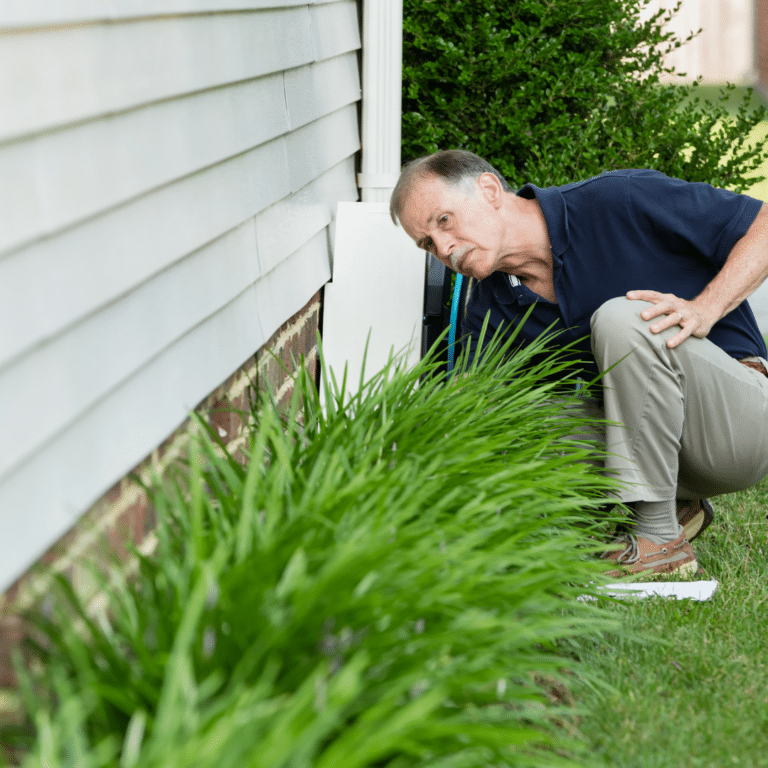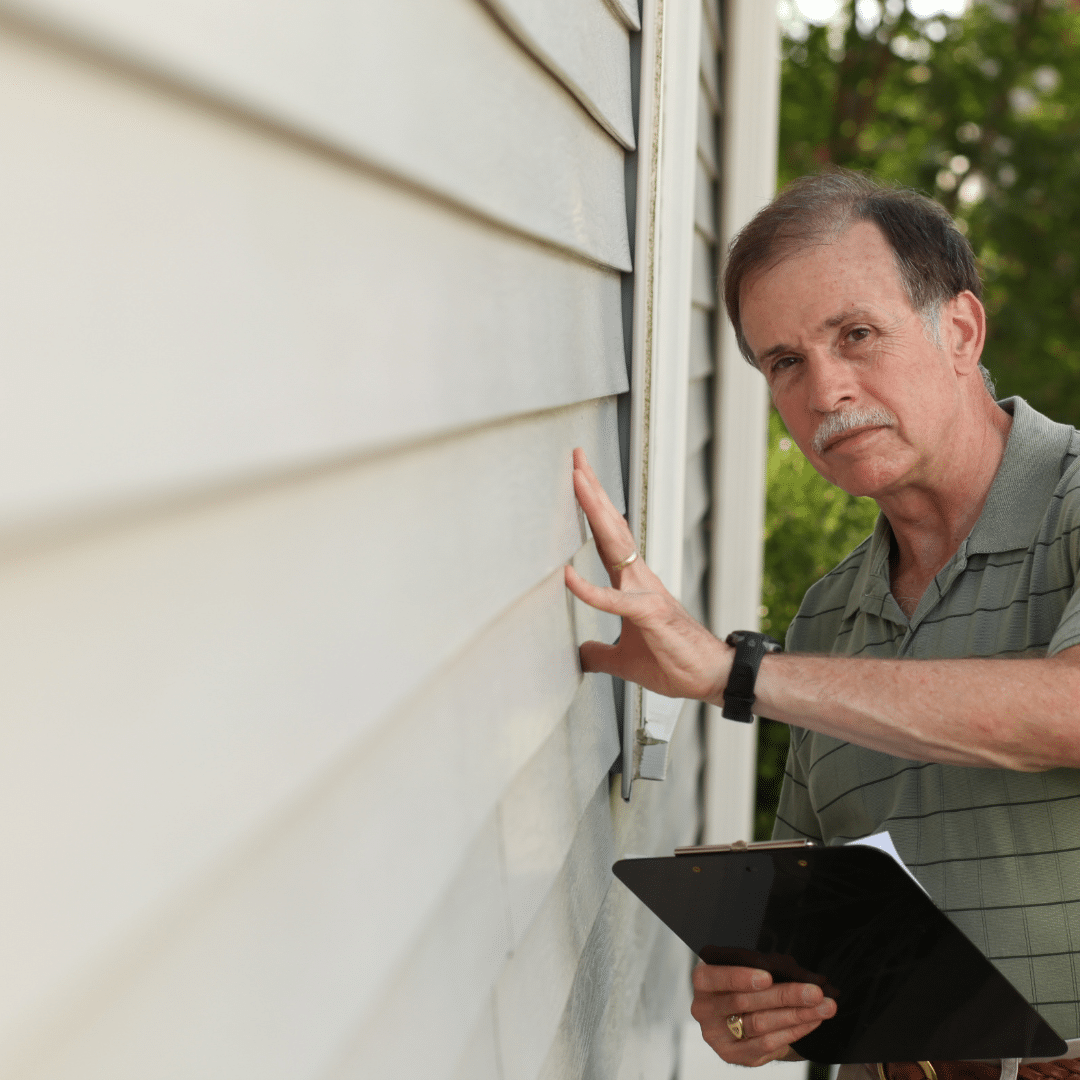Poor compaction during construction can lead to long-term settling issues, causing cracks in foundation and potential leaks around basement windows. Understanding the root causes and knowing the appropriate solutions can help you protect your home’s structural integrity.
Cracks in foundation can be a concern for homeowners, and they are often caused by poor compaction during the construction process. When the soil beneath the foundation is not properly compacted, it can settle unevenly over time, leading to cracks. Excessive water around the foundation can create hydrostatic pressure, pushing against the foundation walls and causing cracks. These cracks may appear in various forms, such as hairline cracks or wider fissures.
Causes and Signs of Cracks in Foundation
Foundation cracks can be unsettling, but understanding their causes and recognizing warning signs is essential for preserving your home’s stability. Let’s delve into the root causes of cracks in foundation and the telltale signs of settling issues that warrant your attention.
A. Causes of Cracks in Foundation:
- Poor Compaction during Construction
The foundation’s stability hinges on proper soil compaction during construction. Inadequate compaction can lead to uneven settling over time, creating stress that results in cracks.
- Soil Movement and Settlement
Homes built on expansive soil face a unique challenge. This soil type expands when wet and contracts when dry, exerting pressure on the foundation and causing it to shift and crack.
Excessive water accumulation around the foundation triggers hydrostatic pressure, forcing water into any available openings and leading to cracks. Water infiltration can also compromise the foundation’s structural integrity, fostering further cracks and even leaks around basement windows.
B. Signs of Foundation Settling:
- Interior Indicators: Your home’s interior may reveal subtle hints of foundation settling. Cracks appearing on walls and ceilings, doors and windows becoming jammed, and floors showing unevenness are key indicators that warrant prompt attention.
- Exterior Signs: Exterior features can also divulge foundation settling concerns. Chimneys tilting away from the home’s structure and visible separations forming between exterior walls are external red flags of underlying foundation issues.
By comprehending the causes and recognizing these early signs, you gain the upper hand in preserving your home’s structural integrity. Addressing cracks in foundation promptly through professional inspection and appropriate repair measures ensures a solid foundation that stands the test of time.
The Impact of Foundation Issues on Home Value
Foundation problems extend beyond structural concerns; they can send shockwaves through your home’s financial worth. Delve into the substantial impact of foundation issues on your property’s value and marketability. Homes with foundation issues often bear a scarlet letter in the real estate market. The mere presence of cracks and structural uncertainties can significantly devalue your property, chipping away at its potential selling price. Appraisers take foundation health seriously. Even minor cracks can lead to downward adjustments in your home’s appraised value, translating into a monetary loss when it’s time to sell.
Buyer apprehension looms large when it comes to homes with foundation problems. Potential buyers approach these properties with skepticism. The prospect of undertaking costly repairs creates a mental barrier, dissuading many from making an offer. Moreover, foundation issues can prolong your home’s time on the market. As it lingers unsold, its perceived value diminishes further, making it a less appealing option for buyers.
Mitigating the impact calls for proactive measures. Addressing foundation problems promptly through professional repairs can help mitigate the downward pull on your property’s value. Transparency plays a crucial role as well. If your home has experienced foundation issues in the past, be forthright with potential buyers. Providing evidence of repairs and guarantees can assuage their concerns.
Foundation issues aren’t just surface-level blemishes; they can erode your home’s financial standing. By comprehending their far-reaching implications, you’re empowered to take action—ensuring that your property’s value remains steady and your investment remains sound.
Foundation Inspection and Repair Options
The cornerstone of a robust foundation lies in regular inspections and timely repairs. As you venture into the realm of foundation care, consider these indispensable steps to ensure the integrity of your dwelling.
- Importance of Regular Foundation Inspections
A proactive stance is your ally in foundation preservation. Schedule routine professional inspections—a preemptive measure to unveil lurking issues before they escalate. A keen-eyed inspector can identify the early signs of cracks, settling, or other concerns, allowing for timely interventions that thwart potential damage.
- Hiring a Professional Home Inspector
Harness the expertise of a seasoned home inspector. Their trained eye and diagnostic skills unveil the nuances of foundation health. They’ll gauge the severity of cracks, measure the extent of settling, and provide you with a comprehensive evaluation. Their insights arm you with the knowledge to make informed decisions about the required repairs.
- Foundation Repair Methods
Repair strategies are tailored to the specifics of your foundation’s maladies. For cracks, epoxy injections stand as a reliable solution. The epoxy seeps into the crevices, solidifying your foundation’s structural integrity. Should settling be the adversary, underpinning and piering emerge as allies. These methods anchor and stabilize your foundation, reversing the effects of time and soil movement.
Amidst the delicate balance of a home’s foundation, your vigilance and prompt action emerge as champions. Regular inspections coupled with the expertise of professionals lay the groundwork for a resilient and enduring foundation. As you tend to your home’s core, rest assured that the vitality of your dwelling remains unwavering.
Preventative Measures for a Healthy Foundation
Fortifying your home’s foundation against potential adversaries demands a strategic approach. Equip yourself with these proactive measures that stand as sentinels against foundation issues.
- Proper Landscaping Practices
The groundwork for a healthy foundation begins with thoughtful landscaping. Tackle drainage concerns head-on, ensuring that water is directed away from the foundation. Proper grading forms a shield against hydrostatic pressure, curtailing soil movement that can trigger cracks. Embrace moisture consistency—a balance that discourages foundation-shifting soil expansion and contraction.
- Foundation Maintenance Tips
Vigilance is your armor against foundation woes. Routinely monitor for cracks, fissures, or any signs of settling. Addressing these early warning signals prevents them from evolving into more substantial concerns. Plumbing leaks, seemingly innocuous, can cascade into water damage that weakens your foundation. Swift action preserves the foundation’s robustness.
As you adopt these preventative measures, your home’s foundation finds itself fortified against potential adversaries. Proactive stewardship ensures that your dwelling stands firm—ready to embrace the years with unwavering strength.
Investing in Professional Foundation Maintenance
In the intricate tapestry of homeownership, your home’s foundation is paramount. Embracing ongoing professional foundation maintenance safeguards your present and fortifies the future. Regular inspections by skilled professionals act as vigilant shields against potential issues, enabling timely intervention. This investment not only bolsters your home’s structural integrity but also safeguards its intrinsic value, ensuring that your cherished abode stands resolute against the trials of time. It’s not just a financial commitment; it’s a pledge to the longevity and strength of your home.
Are Foundation Cracks Always a Cause for Concern?
Not all cracks in foundation are necessarily alarming, but they do warrant attention and monitoring. Hairline cracks, for example, are typically common and may not pose immediate risks. However, if cracks widen, appear suddenly, or are accompanied by other signs of settling, it’s essential to seek professional inspection to assess the situation and determine the appropriate course of action.
Poor Compaction during construction creates bad settling over time which leads to cracks in the foundation and leaks around basement windows. First Priority Home Inspection offers independent inspections during construction and a 1-year inspection before the builder’s warranty expires to mitigate issues like this. Call us at 719-491-1520 for more details.









